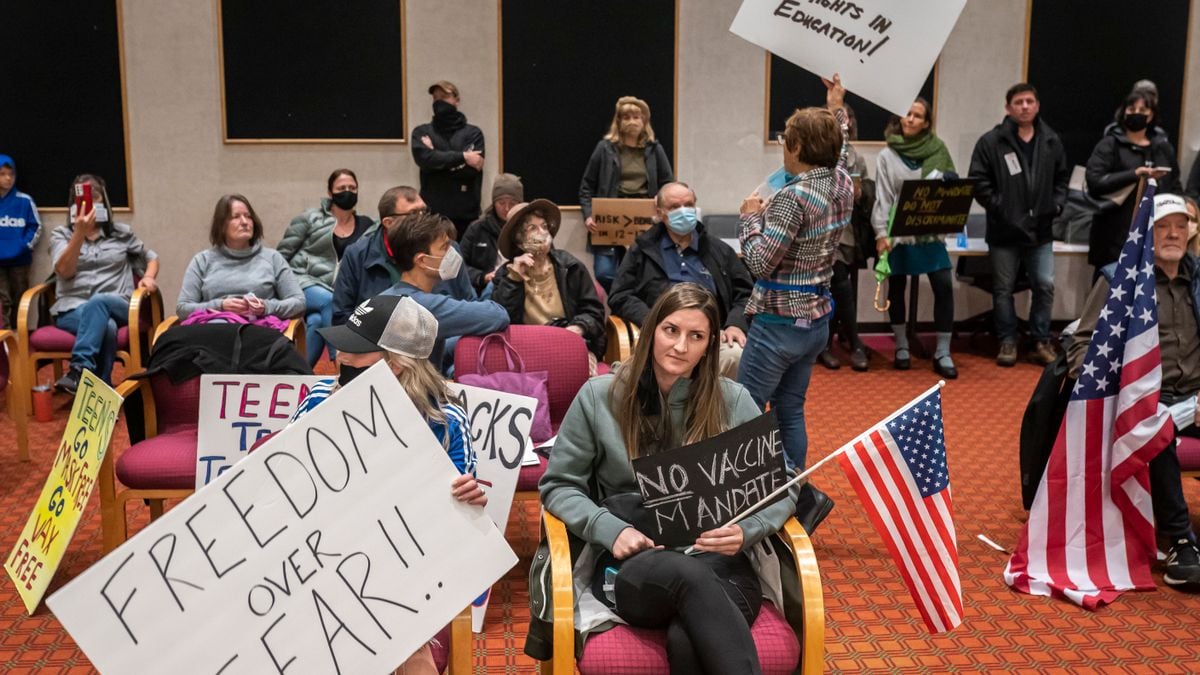
Higher education has an important stake in debates around K-12 policy and practice. Colleges and universities have responsibilities connected to elementary and secondary education that require close involvement as communities work to shape the future of their school systems.
• Public colleges especially have an obligation to serve as a ” pipeline” for students progressing from K-12 schools. They must ensure options remain open and accessible for students of all backgrounds to continue their education. Cuts or changes to K-12 that narrow the path to college attendance threaten this mission.
• Educator preparation programs at colleges help train new teachers and ensure high-quality K-12 instruction. Policies greatly impacting the teaching profession or curriculum affect the ability to prepare educators effectively.
• Postsecondary research drives insights influencing evidence-based best practices in education at all levels. Faculty expertise should contribute to deliberations on effective approaches for learning, development, and achieving education goals.
• Reductions in K-12 budgets can increase demand on resources at the college level, like remedial courses, counseling services, ESL/ELL support, and support for at-risk students. The financial impact on colleges must be considered.
• Mutual education aims like degree attainment, literacy, equity, inclusion, and social/emotional development depend on aligned and supportive policies and programs across levels. Narrow focus at any one stage undermines progress. Broad, coordinated effort is needed.
For these reasons, higher education leaders should speak up and speak out on issues critical to the future of education in their communities. They should share evidence and expertise to help guide debates and decisions around K-12 funding, standards, curriculum, student supports, teacher compensation, and more. Publication of joint statements, establishment of task forces, and testimony before decision-making bodies can place appropriate emphasis on the interconnectedness of education across levels.
While politics and parochial interests may influence local K-12 issues, higher education has a responsibility to elevate the conversation and push back against short-sighted proposals threatening shared goals. Open communication and alliance-building across education levels are demanded for progress. With voices united, the potential exists to shape systems providing education opportunities that truly serve students, society, and the future. No single stage can restrain or determine that potential alone. Higher education must make its important role in the ” education fight” clear and act on it decisively in partnership with other stakeholders. The future is at stake and depends on it.